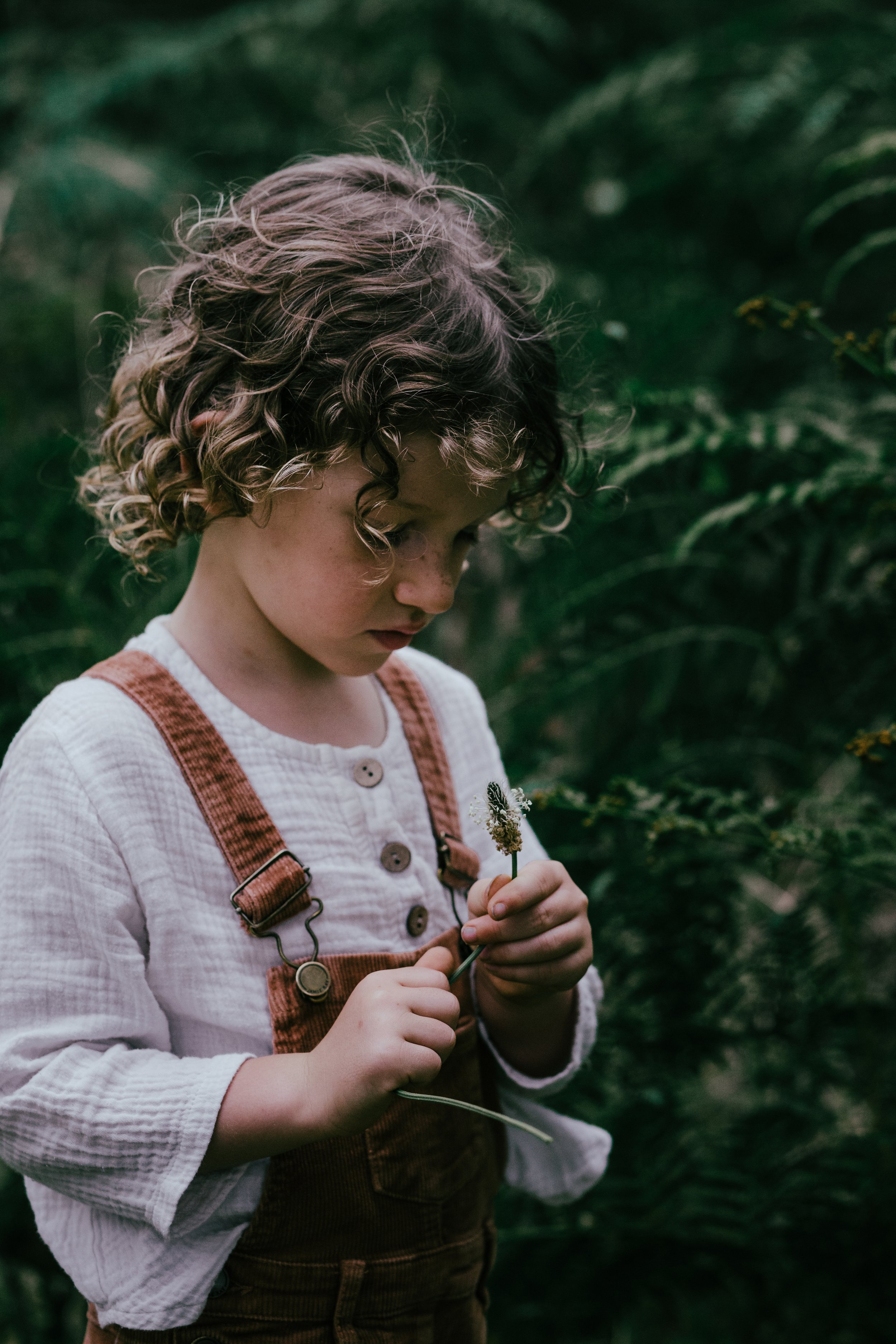
BLOG POST
Rough Play
Let's dive into some nuance and a developmental perspective of rough play today...
I was at the river with some friends recently, when a group of young men caught my attention - they were wrestling, jabbing each other, sparring and constantly pulling each other to the ground...
On the surface it looked rough but when you watched more closely, it was controlled, consensual and playful.
This is actually how play is MEANT to work. It has order, it has rules, and it has structure.
But when you watch young kids (especially boys) engage in this kind of rough play, it rarely looks like this!
It's far more chaotic and unruly and even hyperactive…
You might be thinking, "Of course, Ashleigh! They're little and they don't have the impulse control to manage it in the way young men do…"
So why is this important?
Because it's the hidden reason why so many kids (especially young boys!) come back MORE hyperactive and MORE overwhelmed from a day of play with other kids.
Many of us assume that when our children are having physical playtime with friends, they're releasing energy and having fun.
We assume it's needed and all part of being a kid.
And sometimes, that's true.
But there's a developmental reality happening beneath the surface that explains why your sweet child transforms into an emotional hurricane the moment they get home: In many social settings, what looks like play isn't actually TRUE play for young children.
True play has a critical feature: the freedom to enter and exit without consequence.But when your child is wrestling or engaging in rough play at school or on playdates, they can at times feel trapped by:
👉🏼 Fear of losing friendships if they stop👉🏼 Social pressure to continue even when overwhelmed
👉🏼 Lack of developmental capacity to self-regulate in intense situations
👉🏼 Inability to advocate for themselves when things go too far
Here's what this actually looks like in real life:
Recently, I was watching my own child play rough with a few of his friends. I could see the play escalating—louder voices, bigger movements, higher energy—but interestingly, they were all laughing.
Something didn't feel right though, so I gently intervened.
"Are there any rules we need to add to this game to keep it fun?" I asked. "Is everyone still enjoying it?"
What happened next surprised even me. One brave child quietly replied, "No, I don't like it."
And then, like dominoes falling, the whole group chimed in:
"Actually, me too! I don't like this game either!"
They were ALL stuck!👉🏼 Caught in hyperactive energy they couldn't regulate
👉🏼 Trapped in a social dynamic where no one wanted to be the first to stop
👉🏼 And continuing an activity none of them were actually enjoying because they didn't know how to get out of it
This is the nuance we so often miss as parents: Children can be drawn to play that isn't serving them.
They can appear to be having fun while actually feeling overwhelmed.
And that is why you'll then have that emotion and overwhelm reflected back in challenging behaviour when your child gets home.
Because with younger children especially, we need to look deeper than the surface.
Their behaviour AFTER the play experience is what tells the true story of how that actually was for them.
We need to understand an important distinction: sometimes when little kids get together with other little kids, what's happening isn't actually play.
AND THOSE EXPERIENCES are actually some of the key drivers of the aggression, anxiety and defiance you're seeing at home.
This isn't a permanent challenge – it naturally improves as your child develops more impulse control and emotional regulation with time.
But as always, when you look beneath the behaviour, you'll see it's rarely about the child – it's about the environment that's either supporting or overwhelming their developmental capacity.
Change the conditions, and you change the behaviour.
And that's exactly what I'm here to help you do.If this landed and you want weekly insights and stories about tricky behaviours and child development straight to your inbox ➡️ drop your email below and jump on my newsletter list.


